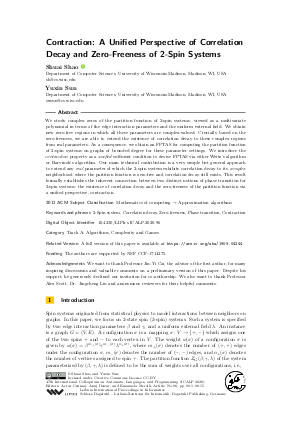LIPIcs.ICALP.2020.96.pdf
- Filesize: 0.55 MB
- 15 pages

 Creative Commons Attribution 3.0 Unported license
Creative Commons Attribution 3.0 Unported license









































Feedback for Dagstuhl Publishing